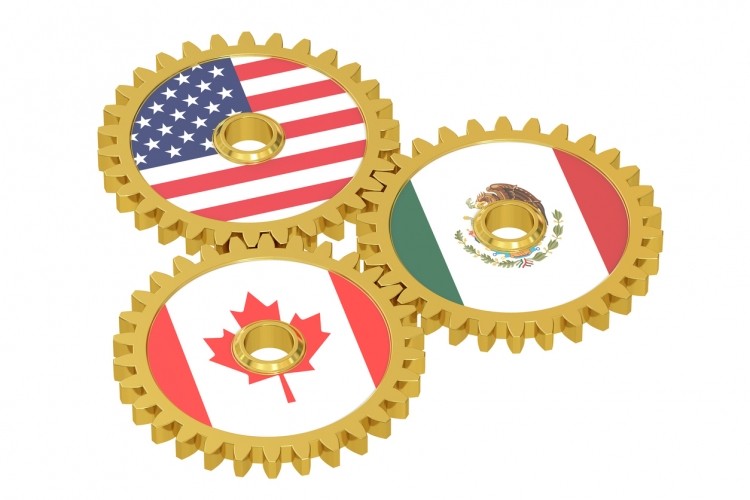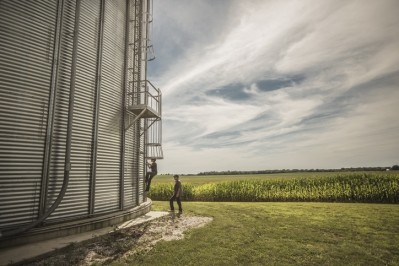Feed, grain industry groups call for caution in NAFTA talks

Discussions for potential changes to the North American Free Trade Agreement (NAFTA), which includes Canada, Mexico and the US, started Wednesday.
This is the first time the US has revised a major free trade agreement, said Ambassador Robert Lighthizer, US trade representative, in a statement on the start of the process.
“We all agree that NAFTA needs updating,” he said. “This is a 23 year-old agreement and our economies are very different than they were in the 1990s. We need to modernize or create provisions which protect digital trade and services trade, e-commerce, update customs procedures, protect intellectual property, improve energy provisions, enhance transparency rules, and promote science-based agricultural trade.”
The trade agreement has brought positives for many members of the US farming and ranching communities, he said. However, it has not been as successful for people in other industries.
Members of the US feed and grain industries, including the US Grains Council (USGC) and the American Farm Bureau Federation (AFBF) have asked that the development of those international feed grain markets be remembered during the negotiations.
Although there are elements of the agreement that could be changed, the Council’s primary interest is in protecting market access, it told FeedNavigator. And, in avoiding any actions that could result in retaliation on the grain sector.
Feed industry comment
The USGC appreciates the government’s awareness of how important NAFTA is to the feed and grain sector, said Tom Sleight, USGC president and CEO.
The Council will be seeking to help “achieve a conclusion that provides our members and our customers long-term certainty and creates a new platform for growth and integration of our regional feed and fuel industries,” he said.
“The Council has worked diligently for decades in both Canada and Mexico, building trusted relationships that are supported by strong policy in NAFTA,” he said. “This agreement and the trade it has spurred have been critical to the growth of the US feed grains industry. It is a foundational agreement in our global trade policy.”
Additionally, a joint group including the AFBF, Canadian Federation of Agriculture (CFA) and Mexico’s Consejo Nacional Agropecuario (CNA) submitted a letter to the government calling on negotiators to focus on modernizing, not dismantling, the trade agreement.
The group is interested in seeing several topics addressed, it said. These include improving regulatory, sanitary and phytosanitary alignment; advancing flow of goods at border crossings; ending technical barriers and adapting the agreement to address technological advances.
“While North American agricultural trade is now largely open, helping farmers and ranchers expand exports, each country may have specific issues it would like to see addressed,” the group said. “However, we should not allow these issues to undermine the overall success of our trading relationship.”












